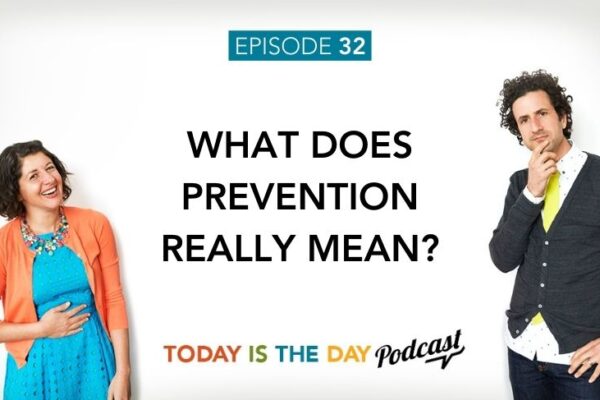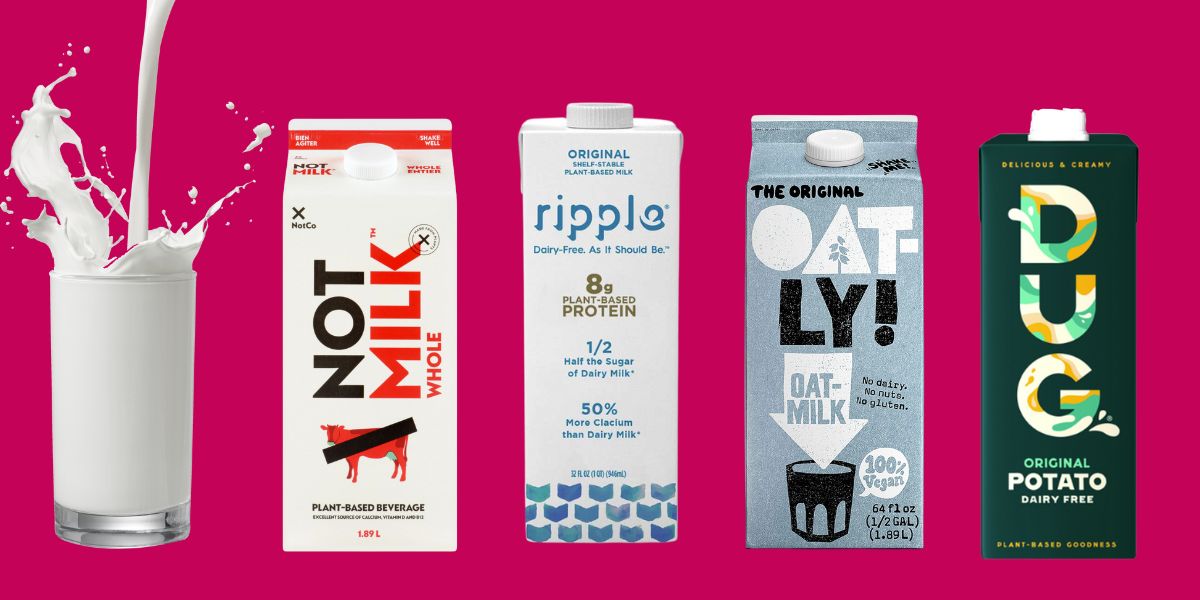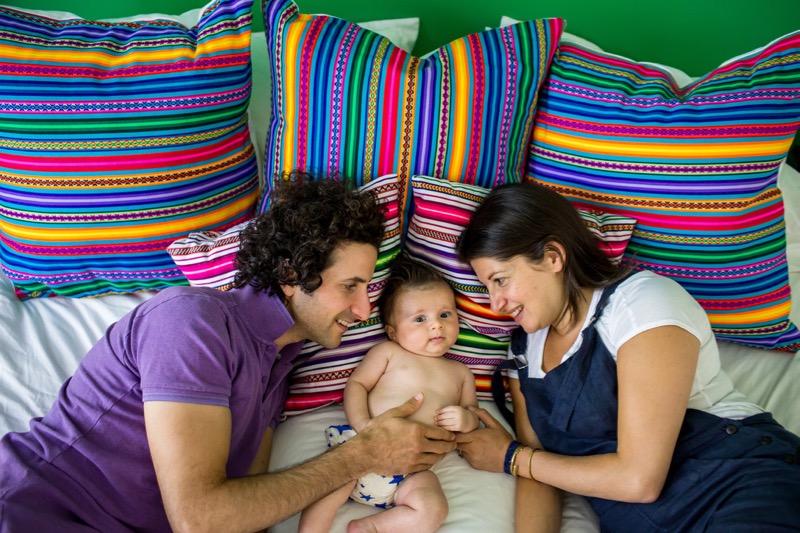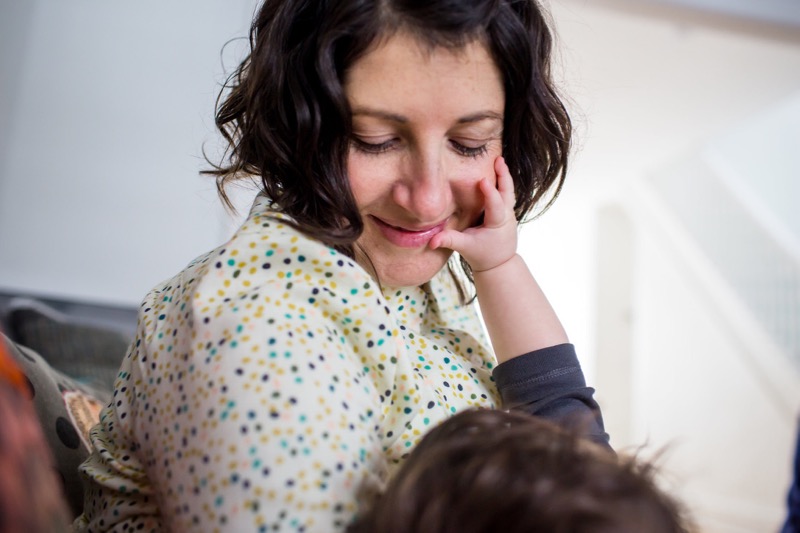How To Get Healthy At Any Age

Google “ get healthy ” and you’ll get 567,000,000 hits in 0.67 seconds – awesome! And with so much information available to us online, the ability to get healthy should be easier than ever…right?
If you’re like me, getting healthy is eternally on your ‘to-do’ list. After completing the culinary nutrition expert program I’ve begun to look at it a bit differently. I want to share my five biggest lessons about how to get healthy at any age, including the reason why my health will always be something I’m working on.
5 Lessons To Get Healthy At Any Age
Lesson #1: You need to define health for yourself.
I’ve learned that “health” can have a lot of different meanings depending on who you talk to and when you ask them. In high school, I was healthy when I wasn’t sick. In university, my health was defined by how I looked – was I in shape? Now that I’m in my 30’s, health is a feeling. Am I full of energy? Am I generally in a positive mood? Am I comfortable in my own skin? Over time, my personal definition of “health” has evolved, and yours will too. Understanding what “health” means to you is a good start.
Lesson #2: Health is something you need to work on every day.
Health isn’t an end point. You don’t achieve “health” and then be done with it. If you want to get healthy, health is constant and something we need to work on every day. I was recently introduced to the Slope of Health by Josh Gitalis. According to the slope, our health is on a continuum and constantly moving. Whether we move up towards health or down towards disease is based on the choices we make around diet, exercise, relationships, sleep, and stress management (to name a few).
Lesson #3: Have a food philosophy!
There is no denying the effect food has on your health. I created my food philosophy a few months ago and I’m glad I did. My philosophy was my first real expression of what I wanted to accomplish when it came to fueling my body, and it felt good to get it on paper. My philosophy guides me in making decisions about what I eat and, most importantly, on the days I slip (and I have my fair share) it brings me back to what’s important.
If you’re working on your health, I highly recommend you create a document that is an accurate reflection of how you’ll approach food.
Lesson #4: Health is an investment.
Prepare yourself. If you’d like to get healthy, it’s going to take time and some money.
The time investment: Do the research. Following someone else’s plan to health won’t work. You need to listen to your body and adjust accordingly. After trying what feels like a gazillion diets, I’ve learned the one that works the best for me is the one I’ve created for myself. Read articles and blogs, take a class, understand labels, ask questions, and learn to put your own complete meals together. In a world that revolves around convenience, the meal part can be tricky – but there are lots of ways to get dinner on the table quickly.
The money investment: Stocking your kitchen with fresh food, whole grains, nuts, and spices can be pricey when you first start, so take it slow. Use up what you have and when it comes time to replace it, opt for healthy alternatives. There are ways to minimize the financial impact such as eating what’s in season, shopping at your local farmer’s market, and growing your own food. It is worth the investment!
Lesson #5: Enable yourself. Set yourself up for success.
Outlined below are some of the steps I take to get healthy on a regular basis:
- Schedule time in your calendar to be active and eat well and treat these as non-negotiable. I know that you’ve heard this before, but it’s important and you should do it now. I’ll wait. :)
- Prepare yourself for change. It only takes 21 days to build new habits, right? Wrong. Change is hard, and it takes time. This article will help prepare you for what lies ahead.
- Write your food philosophy down and tell your friends and family what you’re planning to do. That way, you won’t find yourself explaining why you’re not having the extra dessert/drink.
- Meal plan for the week. Know what you (and your family) are going to eat for breakfast, lunch, dinner, and snacks. Meal plans help you develop grocery lists and keep you from grabbing the take-out menus.
- Prep your food! Pick a day every week to prep your food for a the next couple of days. Store chopped veggies in containers, wash your fruit and pack leftovers for breakfast and lunch. I like to do this on Sunday mornings.
Congratulations on starting your amazing journey to health. It’s a commitment, but one that’s well worth the effort. You got this!
Free Resource Library
Enjoy more than 40 downloadable guides, recipes, and resources.























